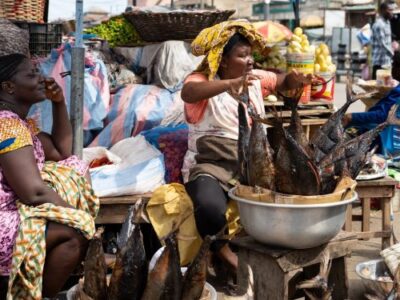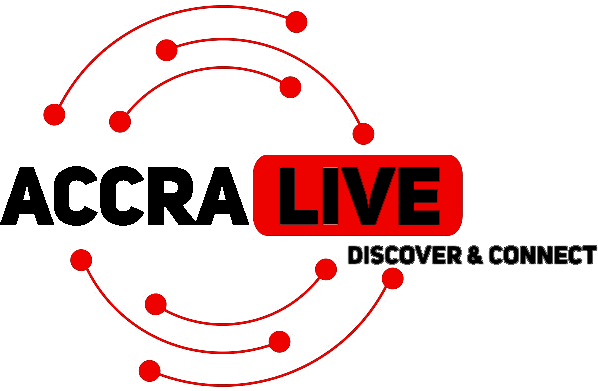
Ghana is still contending with escalating prices as the year-on-year inflation rate for January 2024 experiences a slight increase.
At 23.5%, it stands as one of the Sub-Saharan African countries grappling with some of the highest inflation rates, nearly three times higher than the combined rates of its neighboring countries Ivory Coast, Burkina, and Togo.
Within the ECOWAS bloc, both Ghana and its economic counterpart, Nigeria, share inflation rates above 20%, with Nigeria’s nearing 30%.
 In contrast, neighbouring countries like Ivory Coast, Togo and Burkina Faso boast of single-digit inflation rates. In fact, Burkina Faso which is currently under military leadership has its current inflation rate pegged at 4.3% with Togo recording as low as 2%. The 2023 AFCON winners, Ivory Coast also boast of a single-digit inflation with its most recent rate positioned at 3.1%.
In contrast, neighbouring countries like Ivory Coast, Togo and Burkina Faso boast of single-digit inflation rates. In fact, Burkina Faso which is currently under military leadership has its current inflation rate pegged at 4.3% with Togo recording as low as 2%. The 2023 AFCON winners, Ivory Coast also boast of a single-digit inflation with its most recent rate positioned at 3.1%.
It is significant to note that Ghana has not seen single-digit inflation in nearly four years, with the last instance recorded in March during a lockdown. Despite receiving approximately $2 billion from the IMF, World Bank, and the African Development Bank over the past year and a half through the Extended Credit Facility Programme, Ghana faces challenges in sustaining robust international reserves.
The country’s Gross International Reserves have plummeted from a historical peak of $11 billion, providing almost six months of import cover, to $5.9 billion as of January 2024, affording less than three months of import cover. This decline has intensified pressure on the local currency, the cedi, leading to its depreciation against major trading currencies such as the US dollar.
Fluctuations in the exchange rate are affecting import duties and other costs, leading to a surge in domestic prices of imported goods. Food inflation has reached 27.1%, steadily increasing for four consecutive months and surpassing the overall inflation rate of 23.5%. Ongoing border restrictions in Niger, Mali, and Burkina Faso continue to impact the prices of essential farm produce such as onions and tomatoes imported into Ghana.
Notably, key ingredients for common household meals, including jollof, banku, and fufu, have experienced inflation rates exceeding 40% in January. Fresh tomatoes, carrying a significant weight of 1.2 in determining national inflation, have witnessed a notable surge of 52.3%. Other essential ingredients like cassava, fish, carrots, and garden eggs have inflation rates twice the national average.
As the December 2024 general election looms, Ghanaian voters are placing high importance on key issues including price stability, a robust currency, and the mitigation of unemployment. Effectively addressing these concerns amid the country’s economic challenges has become a top priority for the electorate.
Source/Trading Economies/Accralive.com/Ebenezer Junior Arthur.












